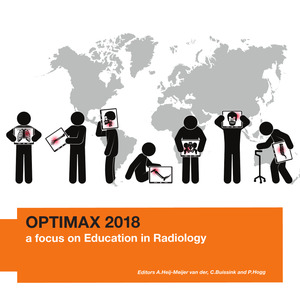Inspired by the notion that online sources had declared Final Fantasy VII Remake as a celebration of queerness, this study analyzes the ways in which the game has been adjusted. After an exploration of the concepts of queergaming and queer representation, the promotion of homophobia and heteronormativity that was abundant in the original FFVII is discussed. An in-depth description of main character Cloud Strife is provided in which his androgynous masculinity is viewed from the perspective of specific Japanese aesthetic traits. By focusing on two scenes that have their roots in the 1997 original - and were rewritten for the remake - the representation of (non-)heteronormative identities, desires, and practices is analyzed. It is concluded that although the term ‘queer celebration’ may be exaggerated, by drastically removing FFVII’s efforts to degenerate any form of homoeroticism, at least the most prominent of disadvantageous social dimensions in the game have been considered.
LINK
This year, OPTIMAX was warmly welcomed by University College Dublin. For the sixth time students and teachers from Europe, South Africa, South America and Canada have come together enthusiastically to do research in the Radiography domain. As in previous years, there were several research groups consisting of PhD-, MSc- and BSc students and tutors from the OPTIMAX partner Universities or on invitation by partner Universities. OPTIMAX 2018 was partly funded by the partner Universities and partly by the participants.
DOCUMENT
